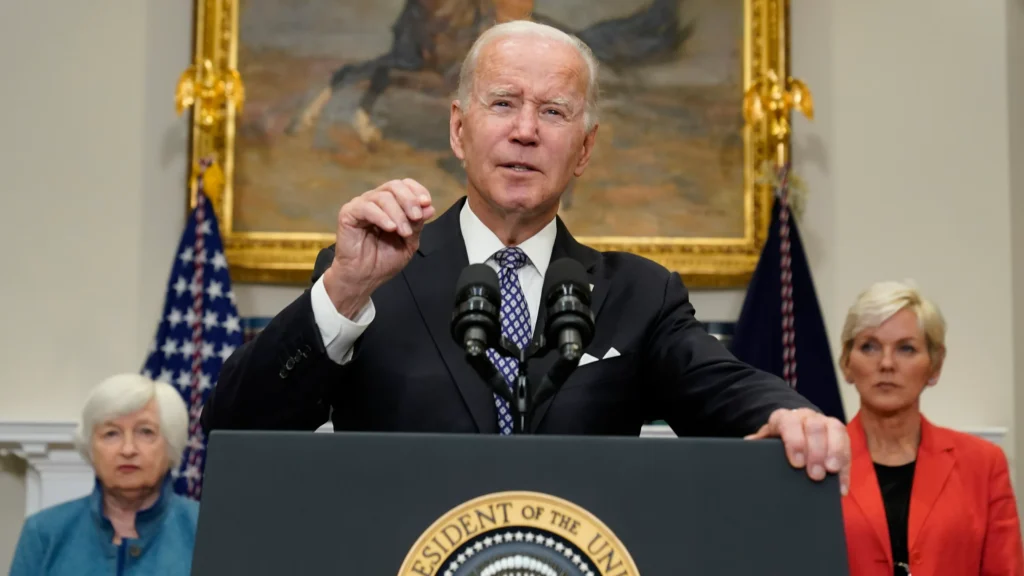In a significant move to address the nation’s mental health crisis, the Biden administration announced a final rule on Monday aimed at expanding access and reducing costs for mental health and substance use disorder care. The new rule, which applies to group health plans and health insurance issuers, ensures that mental health care is covered at the same level as physical health benefits.
According to a White House fact sheet, the rule requires insurance plans to cover mental health and substance use disorder care with the same level of benefits, limitations, and restrictions as physical health care. This may involve adding more mental health professionals to their networks or reducing administrative barriers for providers to deliver care.
President Joe Biden emphasized the importance of equal access to mental health care, stating, “Mental health care is health care. But for far too many Americans, critical care and treatments are out of reach.” He added, “There is no reason that breaking your arm should be treated differently than having a mental health condition.”
The rule reinforces the Mental Health Parity and Addiction Equity Act (MHPAEA), a 2008 federal law that requires insurance plans to cover mental health at the same level as physical health. Despite this law, insurers have often made it difficult for people to access in-network mental health care, leading to high costs and out-of-pocket expenses.
The new rule instructs insurers to evaluate coverage based on several criteria, including provider networks, out-of-network coverage, and prior authorization requirements. This change is expected to benefit 175 million people with private insurance, allowing them to access care using their own plans without draining their savings or going into debt.
Additionally, the rule closes a loophole that exempted federally provided health insurance plans from complying with MHPAEA, requiring over 200 additional health plans to improve mental health care for 120,000 consumers.
White House Domestic Policy Adviser Neera Tanden highlighted the significance of this change, stating, “No one should have to drain their savings or go into debt to get help for themselves or their loved ones.” The administration estimates that this rule will have a profound impact on expanding access to mental health care and reducing costs for millions of Americans.



